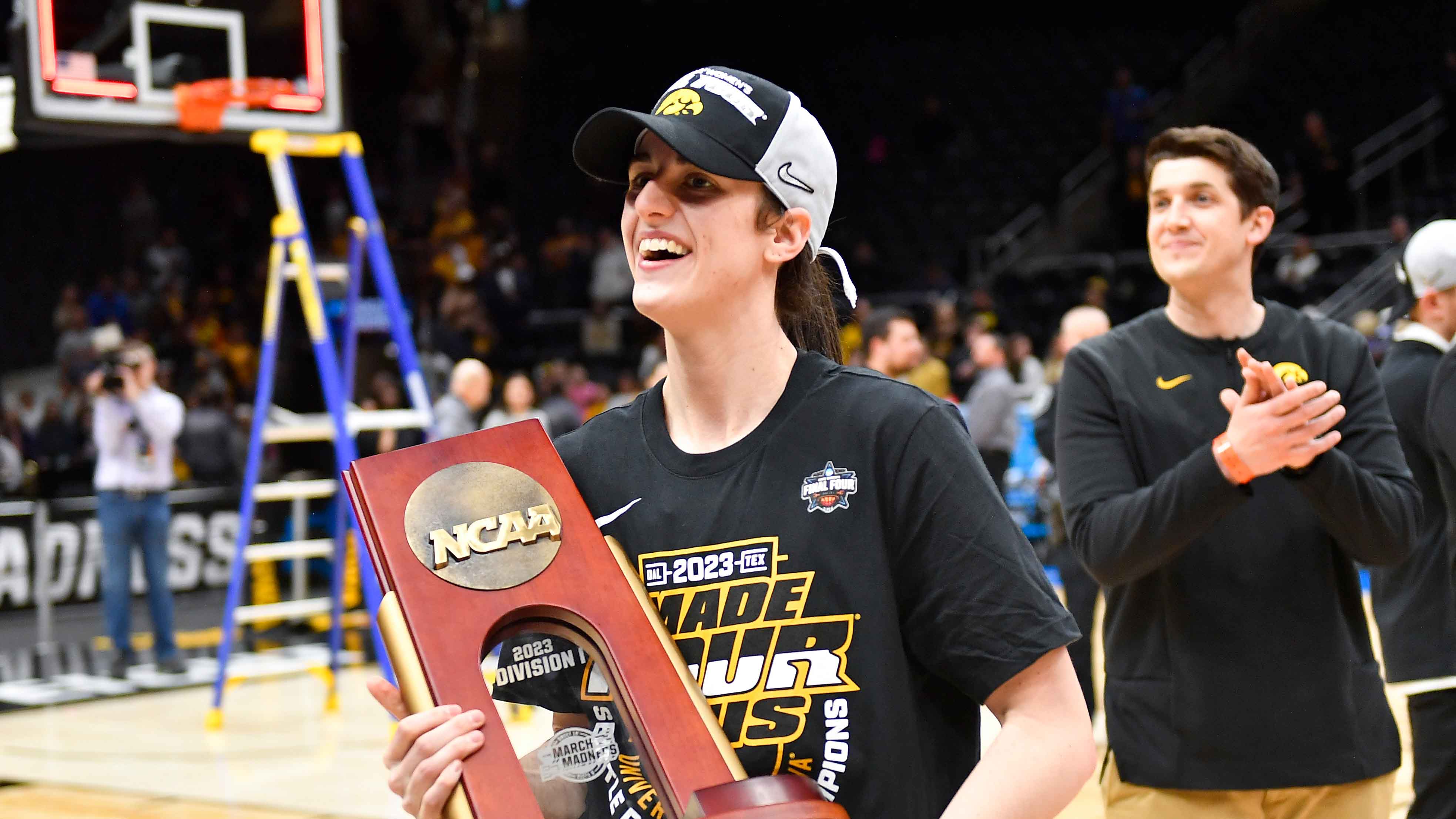The New York Yankees and the online ticket broker StubHub, once close enough partners that StubHub had a ticket window in Yankee Stadium, are now in a legal battle to determine if StubHub customers -- including Yankee fans -- can pick up tickets near the ballpark.
StubHub wants to open a will-call window around the corner from Yankee Stadium for fans who bought or sold tickets online to drop off or pick up the physical tickets. But the Yankees believe that constitutes scalping, and asked a judge for a temporary restraining order preventing the StubHub store within 1500 feed of the ballpark.
Last week a New York Supreme Court judge issued the temporary restraining order against StubHub, preventing their store from opening. The judge expressed doubts about StubHub's claim that there would be no ticket sales taking place at the store.
"A buyer must go to the physical location. A seller must go to the physical location," said Judge Lizbeth Gonzalez, according the official court transcript. "... I'm looking at this from every possible angle, but, there's a interrelationship between the website and the store."
A second hearing, originally scheduled for Monday, has been pushed back to April 16 at StubHub's request -- meaning that their store won't be open in time for Opening Day.
According to the Yankees, StubHub's proposed location at 68 East 161st Street in the Bronx runs afoul of the New York's Art and Cultural Affairs Law, which prohibits reselling tickets within 1500 feet of an entertainment venue.
But for StubHub, the argument isn’t about where their kiosk is -- they concede that it's well within 1500 feet of the stadium — but that the location would be used only for dropping off, picking up or printing out tickets. The actual transactions, StubHub said, take place online.
StubHub's legal team pointed to previous court proceedings (PDF), to which the Yankees were party, which "expressly held that we are not a reseller of tickets," and as such, not covered by the law in question.
In past years, the Yankees and StubHub played nice. In fact, StubHub had a deal with Yankees that allowed a ticket window inside the stadium that performed the same services as the proposed storefront, according to StubHub spokesman Gregg Lehrman. Fans could drop off and pick up tickets for Yankees games, Lehrman said, as well as other events not covered by their agreement at the stadium.
"It's a bit hypocritical to now claim that we're in violation," Lehrman said.
The Yankees have not commented for this story, simply pointing to court documents. But they have been vocal in their displeasure with StubHub for some time, and earlier this year the Yankees announced they were launching their own ticket reseller exchange in a partnership with TicketMaster.
Sports Connection
Connecting you to your favorite North Texas sports teams as well as sports news around the globe.
The team has not said if its ticket exchange will include a minimum price for tickets, but it appears to: Tickets for an April game against the Diamondbacks couldn't be listed for under $5, and tickets for a game against the Red Sox couldn't be listed for less than $15.40. StubHub has no minimum - the price can be as low as the seller chooses.
Northwestern economics professor Jeff Ely said a plan with a minimum would be a "joke."
"So if I can’t buy tickets for $8 on Ticketmaster, I just go to StubHub and buy my tickets for $8," Ely said. "It's hard to imagine how this is going to work."
New York's law prohibiting ticket resale withing 1500 feet doesn't take into account the advent of online ticket reselling, e-tickets and bar codes. As it is now, one could argue that it's illegal to buy a ticket on StubHub from the privacy of your own home if you live within 1500 feet of Yankee Stadium.
"It comes down to, is the transaction consummated at the place where the goods are delivered? Or at the place where the parties made the contract?" says Jonathan Frieden, a lawyer at Odin, Feldman & Pittleman and author the blog E-Commerce Law.
It was decided some years ago that for the purposes of sales tax that an online transaction was considered to have taken place in the state where the buyer resides, but that doesn't begin to cover this dispute.
Ian Ballon, a lawyer and author of "E-Commerce and Internet Law," believes that a StubHub sale is completed when money has changed hands.
"Let's say the Yankees suddenly are doing really hot, and the seller decides that he made a mistake," Ballon said. "The seller wouldn’t have the right to go back and get the tickets back. My suspicion is, once the money changes hands, the transaction is complete. And therefore at the point in time that the tickets are picked up, it is the buyer that owns the tickets and not the seller."
Regardless of who wins this battle, the war will be far from over. The future of event ticketing is going to increasingly involve people presenting bar codes downloaded to their smartphones—would it be against the law to stand outside Yankee Stadium and use your phone to purchase and download a ticket to the game?
The great irony is that the law the Yankees are citing was originally drafted to protect fans from getting ripped off by scalpers in the streets. But StubHub and others have turned the secondary ticket market on its head, helping fans easily and safely find cheaper tickets. This developing technology will no doubt eventually force legislators to reconsider their priorities.
"What are we trying protect?" Frieden asked. "Are we trying to protect the Yankees' competitive advantage in ticket sales? Or are we trying to protect a father and his son from coming to the game and not being accosted by seedy characters trying to sell tickets?"



